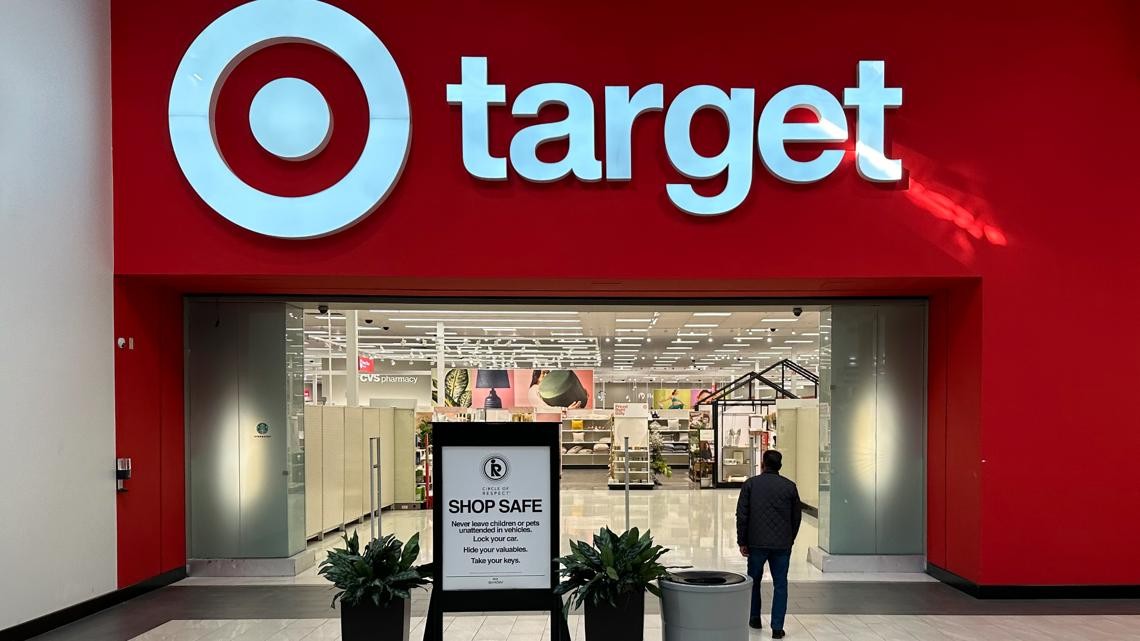
Target announced Friday it will scale back its diversity, equity and inclusion (DEI) programs, joining other major corporations that have recently retreated from such initiatives.
The Minneapolis-based retailer plans to end its three-year DEI goals and discontinue reporting to external diversity-focused organizations like the Human Rights Campaign's Corporate Equality Index. The company will also terminate a program focused on carrying products from Black- and minority-owned businesses.
In a memo to employees, Kiera Fernandez, Target's chief community impact and equity officer, framed the changes as an evolution of strategy based on "years of data, insights, listening and learning." The company confirmed no jobs would be eliminated as part of this announcement.
This move aligns Target with other major companies like Walmart, Meta, McDonald's, and Tractor Supply that have recently dropped DEI-related commitments. The shift comes amid increasing scrutiny of corporate diversity programs from conservative groups and follows President Trump's recent executive orders ending federal DEI initiatives.
The rollback marks a notable change from Target's previous stance. In 2020, following George Floyd's murder near its Minneapolis headquarters, CEO Brian Cornell had strengthened the company's diversity efforts. Target had pledged to increase Black employee representation by 20% and committed to spending $2 billion with Black-owned businesses by 2025.
Recent data shows Target's workforce composition as 43% white, 31% Hispanic/Latino, 15% Black, and 5% Asian. However, leadership remains predominantly white at 72%.
Not all companies are following this trend. Costco recently saw over 98% of shareholders vote against reviewing risks of its DEI programs, demonstrating continued support for diversity initiatives among some major corporations.
The announcement comes after Target faced backlash over other inclusive initiatives, including controversy surrounding its Pride Month collection in 2023, which the company acknowledged impacted sales.